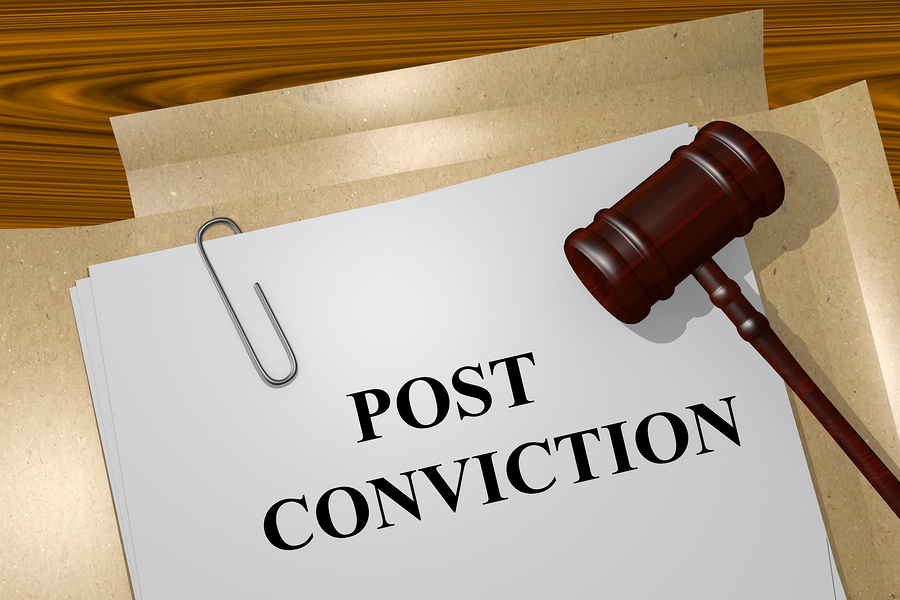Understanding the legal processes available after a criminal conviction is crucial for anyone navigating the justice system. Two significant avenues are the post-conviction motion and the motion to correct sentencing. While both serve as mechanisms for addressing issues arising from a conviction, they differ in purpose, scope, and potential outcomes.
Post-Conviction Motion
A post-conviction motion is a legal request made after a defendant has been convicted and exhausted their direct appeal options. This motion allows individuals to challenge their conviction on various grounds, such as:
- Ineffective assistance of counsel: Claiming that their attorney did not perform competently during the trial.
- New evidence: Presenting evidence that was not available during the trial that could potentially exonerate the defendant.
- Constitutional violations: Arguing that rights were violated during the trial process.
The primary goal of a post-conviction motion is to seek relief from a wrongful conviction, which may include a new trial or dismissal of charges.
Motion to Correct Sentencing
In contrast, a motion to correct sentencing specifically addresses issues related to the sentencing phase, rather than the conviction itself. This type of motion can be filed when:
- There are discrepancies in how the sentence was applied.
- The sentence exceeds what is legally permissible.
- There are clerical errors or miscalculations in the sentencing documents.
The outcome of a motion to correct sentencing typically results in a modification of the sentence rather than overturning the conviction.
Key Differences
Purpose
- Post-Conviction Motion: Challenges the validity of the conviction itself.
- Motion to Correct Sentencing: Focuses solely on correcting errors in the sentencing process.
Scope
- Post-Conviction Motion: Can introduce new evidence and address multiple issues related to the trial and conviction.
- Motion to Correct Sentencing: Limited to issues directly related to sentencing; does not address the underlying conviction.
Legal Requirements
- Post-Conviction Motion: Often requires showing substantial grounds for relief, such as new evidence or constitutional violations.
- Motion to Correct Sentencing: Generally requires clear documentation of errors in sentencing that can be quickly verified through court records.
Outcomes
- Post-Conviction Motion: May result in a new trial or dismissal of charges, potentially leading to exoneration.
- Motion to Correct Sentencing: Typically results in a revised sentence but does not affect the underlying conviction.
Summary Table
| Aspect | Post-Conviction Motion | Motion to Correct Sentencing |
|---|---|---|
| Purpose | Challenge validity of conviction | Address errors in sentencing |
| Scope | Introduces new evidence; multiple issues | Limited to sentencing discrepancies |
| Legal Requirements | Requires substantial grounds for relief | Requires clear documentation of errors |
| Outcomes | New trial or dismissal possible | Sentence modification only |
FAQ Section
What is a post-conviction motion?
A post-conviction motion is a legal request made after a conviction to challenge its validity based on various grounds, such as ineffective assistance of counsel or new evidence.
When should I file a motion to correct sentencing?
You should file this motion if you believe there are errors in how your sentence was applied, such as exceeding legal limits or clerical mistakes.
Can I file both motions?
Yes, you can file both types of motions if applicable. However, they serve different purposes and must address distinct issues.
How long do I have to file these motions?
The time limits for filing vary by jurisdiction and specific circumstances; it’s essential to consult with an attorney regarding deadlines.
What happens if my post-conviction motion is denied?
If denied, you may have further options, such as appealing the decision or exploring other legal remedies depending on your case’s specifics.In conclusion, understanding the differences between post-conviction motions and motions to correct sentencing is vital for anyone seeking legal recourse after a criminal conviction. Each serves distinct purposes and has different implications for defendants navigating their post-conviction options. Consulting with an experienced attorney can help clarify these processes and guide individuals toward appropriate actions based on their circumstances.

